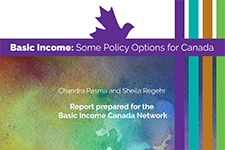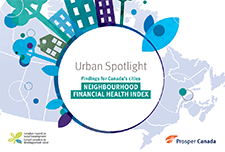Poverty stems from experiences of exclusion and isolation in addition to a lack of financial resources, especially for equity deserving members of society. When individuals feel disconnected and undervalued, it can lead to a cycle of poverty that can be further perpetuated by race, ethnicity, gender, and other social determinants.
Belonging to a community is to be an active co-owner of the community and to foster a deep sense of emotional and communal ownership. Community is the container within which our longing to be part of something that is bigger than ourselves is fulfilled. We need to think about the container… the structures that include all the places where people come together to create community and get things done. A sense of community belonging describes the degree to which individuals are (or judge themselves to be) connected to their community and their place within it. Research indicates that a strong sense of community belonging can positively influence health outcomes. A greater sense of community may translate to a higher likelihood of people engaging in participatory processes to solve their problems. Further, community belonging and engagement contribute to improved quality of life which results in a greater sense of identity and confidence, opposing anonymity and loneliness. When we think about the sense of community belonging with regards to health, there are three factors: Micro, Meso and Macro.
This article delves into belonging and you may read it by clicking on "Access this resource".




